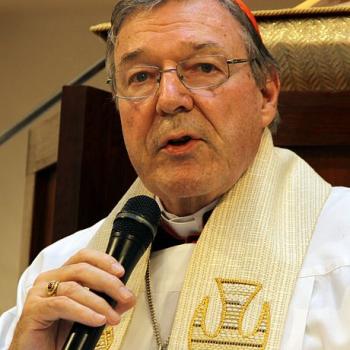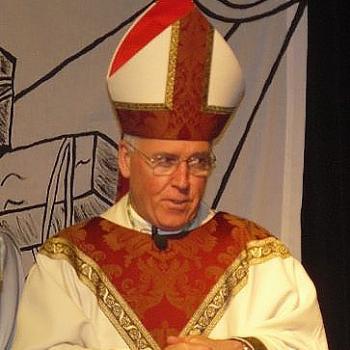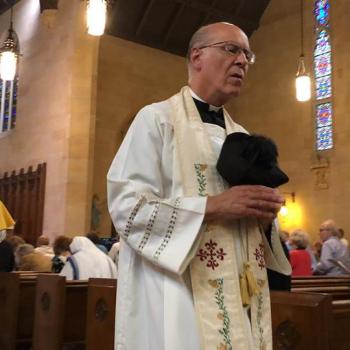With the Newark story in the news, I got an e-mail this morning from someone who works on safe environment issues for a another diocese.
The author writes:
I can’t tell you how disconcerting and disheartening this situation is. Child protection people at every diocese have been killing themselves to keep out of church ministry anybody with a hint of a pedophilia problem…
In fact, I can’t even understand how this man is still a functioning priest. Essential Norm 8, which was approved by the Holy See as binding law in the United States, says very clearly: “When even a single act of sexual abuse by a priest or deacon is admitted or is established after an appropriate process in accord with canon law, the offending priest or deacon will be removed permanently from ecclesiastical ministry, not excluding dismissal from the clerical state, if the case so warrants”.
…I have spent a great deal of time and energy resisting calls to reinstate people who were excluded from ministry due to offenses far less serious than this priest’s crime — under the “one strike rule” that was supposed to apply to everyone. What do I tell them now?
This situation is terribly damaging to our credibility and authority.
UPDATE: Some additional thoughts this afternoon from Ed Peters, who read the above posting and notes:
Fugee holds what I would regard as an “ecclesiastical office”, at least in the broad sense (c. 145). But, is every ecclesiastical office an ecclesiastical ministry? Many arch/diocesan jobs are not ministerial in nature, at least not as that term is popularly understood; these jobs might be important posts such as finance officer (c. 492), or they might be minor posts, such ecclesiastical notary (c. 484). But, while these office-holders need to meet the general requirements for ecclesiastical office, obviously, they do not need to satisfy additional formal and/or conventional requirements for ecclesiastical ministry, because these folks are not engaged in ecclesiastical ministry, commonly understood to imply a post whereby one directly serves the People of God as a minister of the truth and grace of Jesus Christ. Fugee’s chancery job does not seem to place him in any contact with any people other than priests, and they all know his record.
So, by all means, argue about whether a cleric who commits sexual crimes (whether technically pedophilic, homosexual, or heterosexual in nature) should hold an arch/diocesan office (assuming one has enough facts to make such arguments responsibly), but don’t claim that this appointment places Fugee in ministry. Good arguments suggest that it doesn’t.














